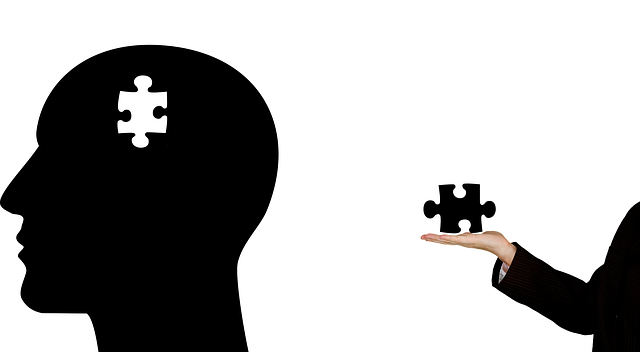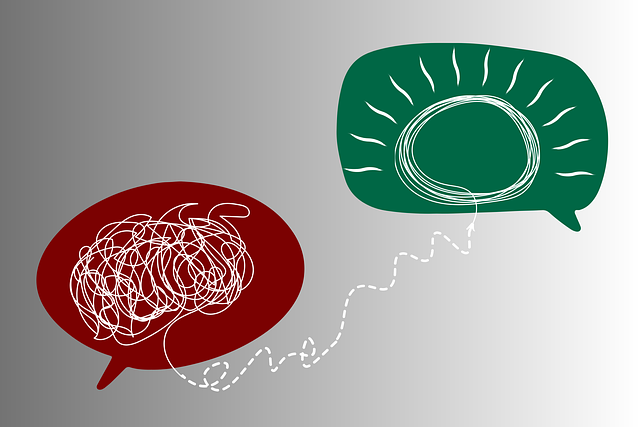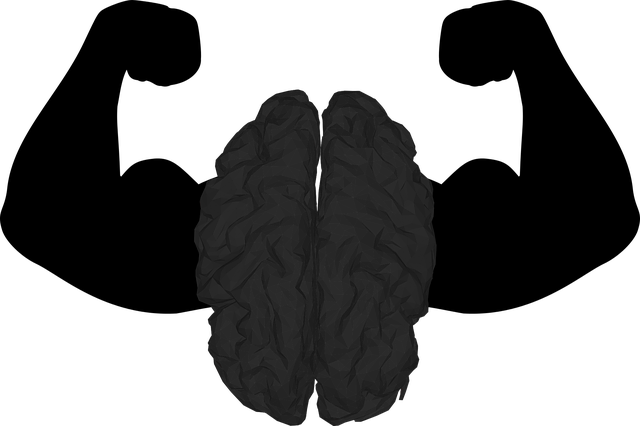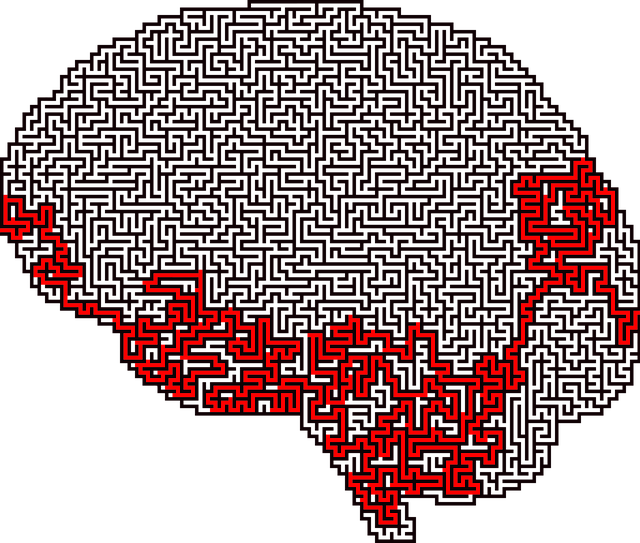Lakewood EMDR Certified Therapy offers a specialized, innovative approach to coping skills development, combining Eye Movement Desensitization and Reprocessing (EMDR) with cognitive-behavioral strategies. By addressing past traumas, cultivating compassion, and integrating mindfulness practices, individuals gain emotional resilience, effective stress management, and improved quality of life. This therapeutic method prioritizes personal resources, promotes self-awareness, and empowers clients to take control of their emotional well-being through accessible support tailored to diverse populations.
“Unwind and thrive with effective coping skills development – a journey towards emotional well-being. This comprehensive guide explores essential strategies for navigating life’s challenges. From understanding the core principles of coping mechanisms to uncovering personal strengths, we delve into practical techniques.
Discover how Lakewood EMDR Certified Therapy offers a transformative approach, empowering individuals to manage stress and emotions effectively. Learn to integrate these skills into daily life, fostering resilience and long-term emotional balance.”
- Understanding Coping Skills: A Foundation for Emotional Well-being
- The Role of Lakewood EMDR Certified Therapy in Skill Development
- Identifying Personal Coping Strategies: Strengths and Resources
- Building Resilient Coping Mechanisms: Practical Techniques
- Integrating Coping Skills into Daily Life: Long-term Emotional Management
Understanding Coping Skills: A Foundation for Emotional Well-being

Coping skills are a crucial foundation for emotional well-being. They equip individuals with strategies to navigate life’s challenges and maintain mental health. Understanding coping skills involves recognizing their role in managing stress, anxiety, and traumatic experiences. Lakewood EMDR Certified Therapy, for instance, focuses on helping clients develop effective coping mechanisms to overcome distress and enhance their overall quality of life.
By integrating various therapeutic approaches, healthcare providers can facilitate the development of robust coping skills. This is particularly significant in addressing issues like anxiety relief. Moreover, community outreach program implementation and healthcare provider cultural competency training play pivotal roles in promoting well-being by ensuring accessible and inclusive support for diverse populations.
The Role of Lakewood EMDR Certified Therapy in Skill Development

Lakewood EMDR Certified Therapy plays a pivotal role in coping skills development, offering effective tools for managing emotional distress and trauma. This therapy type integrates Eye Movement Desensitization and Reprocessing (EMDR) techniques with cognitive-behavioral strategies to enhance self-regulation and resilience. By addressing past traumatic experiences, individuals can gain new perspectives, reduce negative beliefs, and develop healthier coping mechanisms.
The process involves a range of techniques, including bilateral stimulation through eye movements or tactile cues, which help the mind reprocess traumatic memories. This reprocessing facilitates emotional healing and allows for better mood management. Moreover, Self-Awareness Exercises are integral to this approach, encouraging individuals to identify and understand their emotions, thoughts, and behaviors, thereby fostering a deeper sense of self-awareness crucial for effective crisis intervention guidance.
Identifying Personal Coping Strategies: Strengths and Resources

Identifying Personal Coping Strategies is a pivotal step in navigating life’s challenges. Every individual possesses unique strengths and resources that can serve as powerful coping mechanisms. For instance, some people find solace in creative outlets like art or writing, which offer an avenue for emotional expression. Others may lean on social connections, drawing strength from supportive friends and family. Understanding these inherent coping strategies is akin to unlocking a toolkit tailored to one’s mental well-being.
In the context of Lakewood EMDR Certified Therapy, recognizing personal strengths becomes even more significant. This therapeutic approach focuses on desensitizing traumatic memories while enhancing cognitive flexibility. By harnessing individual resources, whether that be resilience, humor, or Mindfulness Meditation practices, individuals can effectively manage stress and overcome adversity. Moreover, Empathy Building Strategies within therapy facilitate deeper understanding of oneself and others, fostering a sense of empowerment and connection.
Building Resilient Coping Mechanisms: Practical Techniques

Building resilient coping mechanisms is an essential aspect of well-being and can be cultivated through various practical techniques. Lakewood EMDR Certified Therapy offers a range of effective strategies to enhance one’s ability to navigate life’s challenges. One powerful approach is incorporating compassion cultivation practices, such as mindfulness meditation, which encourages self-compassion and a non-judgmental mindset. By regularly engaging in these practices, individuals can develop a deeper sense of inner strength and resilience, enabling them to cope with stress, anxiety, or even traumatic experiences more effectively.
Additionally, Self-Awareness Exercises play a pivotal role in fostering personal growth. Journaling, for instance, allows one to reflect on their thoughts, emotions, and behaviors, breaking down the barriers created by mental illness stigma reduction efforts. Through increased self-awareness, individuals gain valuable insights into their coping triggers and learn healthier ways of responding, ultimately strengthening their resilience. These practices are transformative tools that empower people to take control of their emotional well-being.
Integrating Coping Skills into Daily Life: Long-term Emotional Management

Integrating coping skills into daily life is a crucial step toward long-term emotional management. Lakewood EMDR Certified Therapy offers powerful techniques that help individuals navigate and overcome challenging emotions. By adopting strategies such as mindfulness, stress reduction, and healthy coping mechanisms, one can foster better emotional regulation and prevent relapse. These skills are not just tools for crisis management but become integral parts of a person’s daily routine, enhancing overall well-being and resilience.
Over time, consistent practice enables individuals to manage their emotions effectively, reducing the impact of stress and potential triggers. This proactive approach to mental health is particularly beneficial in preventing burnout and depression. By mastering emotional regulation, individuals can lead more fulfilling lives, making them better equipped to handle life’s ups and downs with a sense of balance and inner strength.
Coping skills development is a transformative journey towards emotional well-being. By understanding the foundational concepts, leveraging techniques like Lakewood EMDR Certified Therapy, identifying personal strengths, building resilient mechanisms, and seamlessly integrating these skills into daily life, individuals can effectively manage their emotions and thrive. This comprehensive approach ensures long-term emotional resilience and a higher quality of life.














